
She finds herself in the hospital once again, this time with water retention causing excruciating pain. Despite the physical agony, Racquel's voice remains as unclouded as a Jamaican summer's day. In the background, her nurse's guidance echoes like that of a feisty, concerned Jamaican family member. Spending over half of her 34 years in a Jamaican public hospital, Racquel sheds light on her journey with type 1 diabetes since the tender age of 12.

It was during a routine medical check-up at her school that Racquel and her mom discovered her diabetes. The medical center charged $100 for a diabetes test, a cost her mother willingly covered. The results indicated high blood sugar levels. Racquel had consumed a sweet cake and a box drink just before the test and she thought this was the reason. However, the nurse emphasized that her sugar levels were still too high, leading to a referral to Kingston Public Hospital (Public), where her diabetes was confirmed. Thus began Racquel's life of medication and frequent hospital visits.
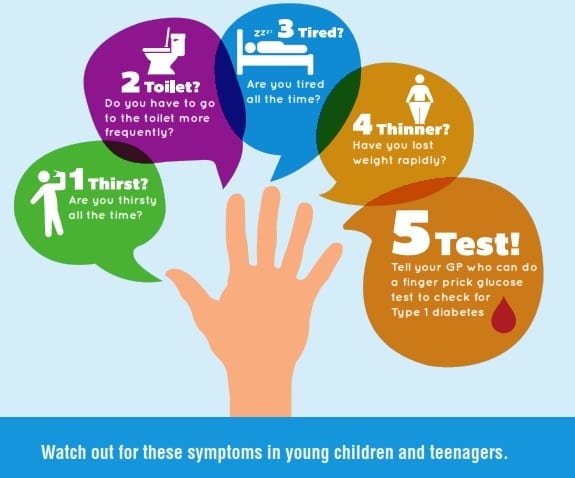
Initially prescribed Metformin pills, Racquel found them ineffective and even made her sick. Subsequently, she was switched to insulin. Prior to the diagnosis of diabetes type 1, Racquel led the life of a typical child, enjoying sweets and having fun. However, the discovery marked a downturn in her emotional state. Despite this, she continued consuming sweets, considering them her comfort food and a source of solace during moments of sadness. She even convinced herself that she didn't have diabetes, although constant reminders from others contradicted her belief.
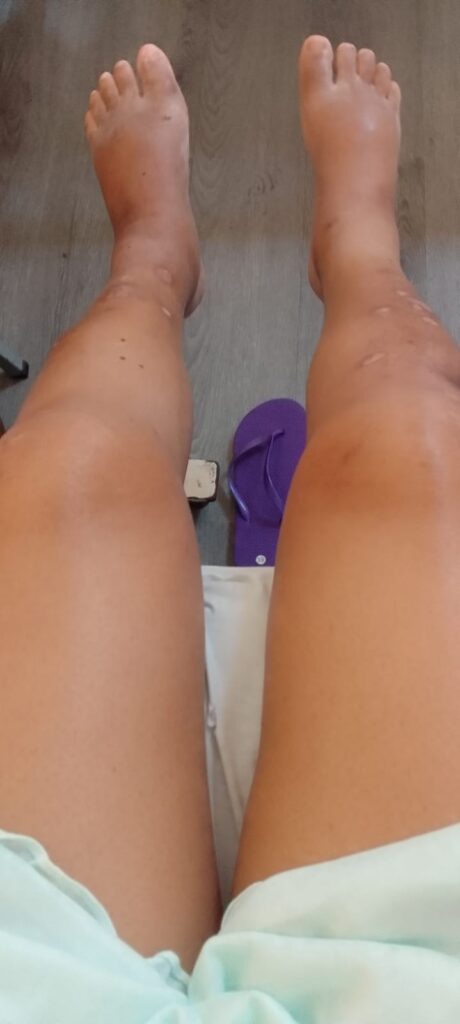
Growing up in Waterhouse with her single-parent mom, Racquel faced financial challenges that affected her ability to adhere to the recommended diabetic diet. Determined not to burden her mom further, she took on the responsibility of growing up early. The absence of her father added to the complexity, prompting her to shield her mom from the impact of her illness and emotions, leading to suicidal thoughts.
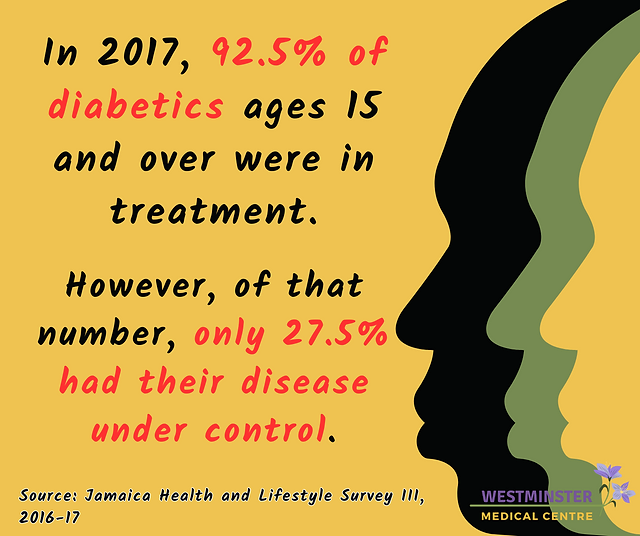
There were years when Racquel neglected her medication, silently enduring her struggles. Depression became a routine companion, though she didn't recognize it as such. Skin boils and belly pain became the norm, exacerbated by unsolicited advice on dietary choices. Navigating the challenges of her illness, coupled with the everyday struggles of a teenager, left her unable to afford the necessary food for her condition.
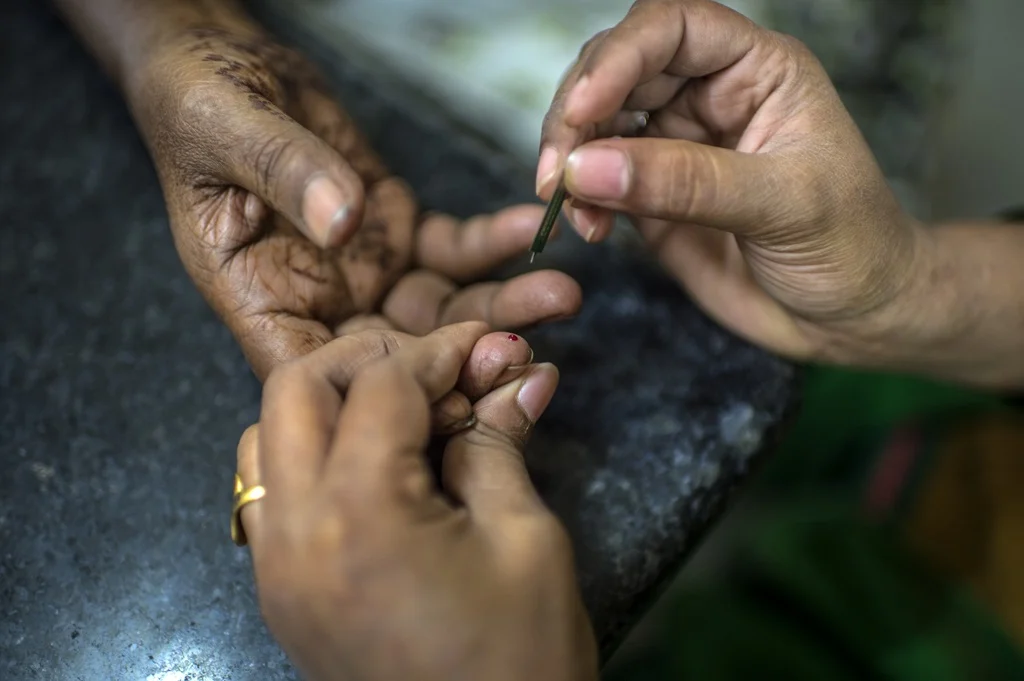
“In my head, I was like I didn’t have it,” she revealed.
As she got older living in Waterhouse with her mom who is a single parent, she started having suicidal thoughts.
“Growing up wasn’t easy as a kid. We had help from family members every now and then. Still, it was a struggle. Certain foods they wanted us to eat as a person with diabetes but we couldn’t afford it. I wasn’t going to allow that to stress my mom. I had to grow up early. My dad wasn’t around and I felt I had to protect my mom from my illness and sadness.”
There were years I didn’t take my medication. No one knew because I didn’t say. I ended up in the hospital. In and out, that became my routine. I was depressed but I didn’t reveal this to anyone. Actually, I didn’t recognize it as depression. I just knew I was extremely sad.”
Skin boils, belly pain became my norm. People were telling me what I should or shouldn’t eat. That got to me, trying to navigate this illness, understanding and living with it, the everyday struggles of not having enough, being a teenage and all of sudden, not being able to eat what I want or needed due to the expense of that type of food.”
Frequent hospitalizations caused Racquel to miss school, including crucial periods during grade 6 and grade 11 (GSAT AND CXC times). Despite these setbacks, she managed to sit her exams. Additional symptoms affecting her eyes and chest prompted a doctor to clarify the type of diabetes she had – Type 1, where the pancreas produces little to no insulin. The doctor advised moderation in eating and provided guidelines on managing her diet.
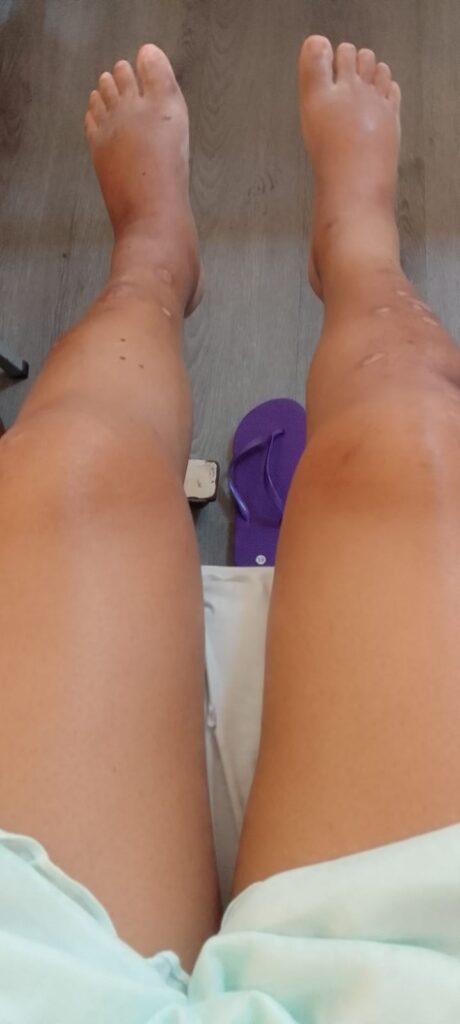
The financial strain of affording healthier food and supplements frustrated Racquel's genuine desire to eat well. The disparity between the need for a healthy diet and the inability to afford it led her to question how society expects impoverished individuals to survive. Despite these challenges, Racquel adopted a "han' mek fashion" approach to her meals.
Despite her condition and frequent hospitalizations, Racquel remained determined, holding various jobs throughout the years and even starting her own ventures. She refused to let her illness hinder her from living, displaying remarkable resilience in the face of type 1 diabetes and poverty in a single-parent home in the inner city.

Racquel's story is one of resilience, determination, and an unwavering spirit in the face of adversity. As she grapples with the complexities of type 1 diabetes, financial constraints, and ongoing health issues, Racquel's journey serves as a call to action for those who may extend a helping hand. In part 2, we will delve deeper into Racquel's role as an outcast in her family, her creative pursuits, tips for those living with diabetes, and her entrepreneurial ventures.
For those willing to assist Racquel, please reach out to her at 876-567-1582 via WhatsApp.

God did!!!